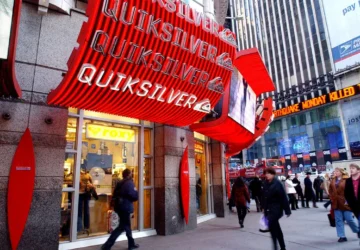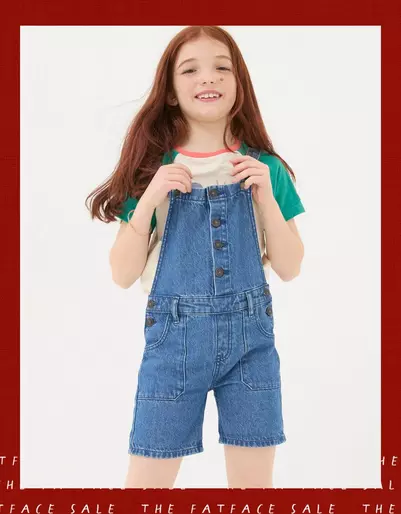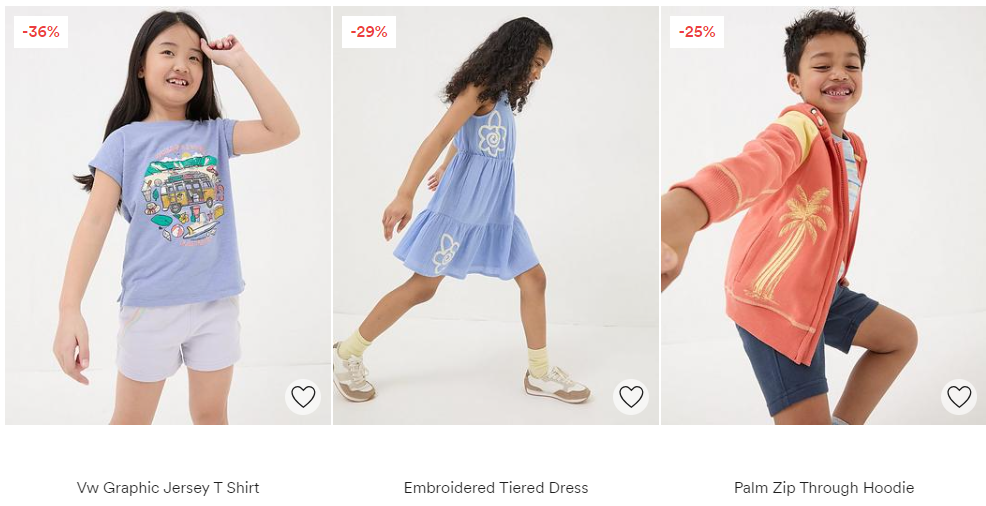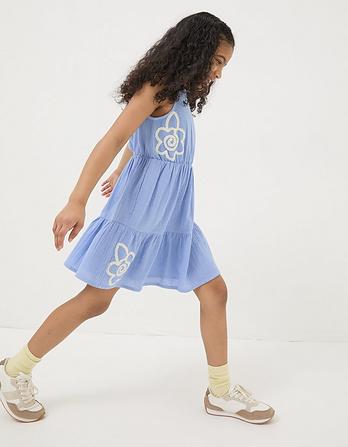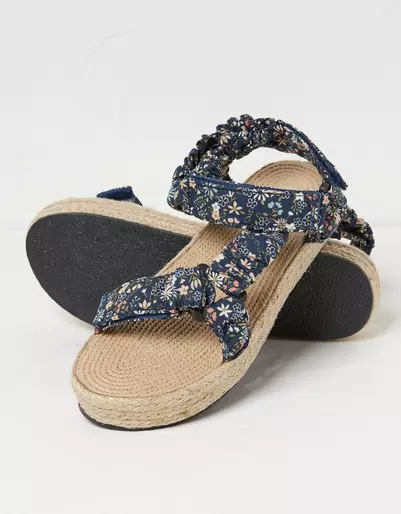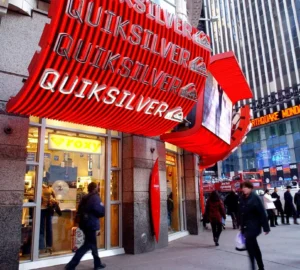Advertisement
In a world increasingly aware of the environmental impact of fashion, brands are being challenged to rethink their approach to style and production. Among those leading the charge is FatFace, a UK-based clothing brand that has embraced sustainability as a core element of its identity. From sourcing materials to ethical manufacturing processes, FatFace is redefining eco-friendly fashion with a commitment to both quality and the planet.
The Eco-Friendly Evolution of FatFace
FatFace’s journey towards sustainability didn’t happen overnight. Founded in 1988 as a brand rooted in adventure and outdoor living, FatFace has always valued the natural world. Over the years, the company has evolved, recognizing that its love for the outdoors must also translate into actions that protect it. This realization has driven FatFace to integrate sustainable practices across its entire business model.
One of the key areas where FatFace has made significant strides is in the sourcing of materials. The brand has committed to using more sustainable fabrics, such as organic cotton, recycled polyester, and eco-friendly alternatives to traditional materials. Organic cotton, for example, is grown without the use of harmful pesticides and chemicals, reducing environmental impact and ensuring safer working conditions for farmers. By 2025, FatFace aims to have 100% of its cotton sourced sustainably, a goal that reflects its dedication to responsible fashion.
Innovating with Recycled and Renewable Materials
FatFace’s innovative approach to sustainable fashion extends beyond just cotton. The brand has embraced recycled materials as a way to reduce waste and minimize its carbon footprint. Recycled polyester, made from post-consumer plastic bottles, is used in many of FatFace’s products, including jackets, fleeces, and swimwear. This not only diverts plastic waste from landfills and oceans but also reduces the need for virgin polyester, which is derived from non-renewable fossil fuels.
Additionally, FatFace is exploring the use of renewable materials like Tencel™ and hemp, which are known for their low environmental impact and high durability. Tencel™, made from sustainably sourced wood pulp, is a biodegradable fiber that requires less water and energy to produce than conventional cotton. Hemp, one of the oldest and most sustainable fibers in the world, is naturally resistant to pests and can be grown with minimal water and without the need for chemical fertilizers.
Ethical Manufacturing and Fair Trade Practices
Sustainability at FatFace isn’t just about materials; it’s also about how the products are made. The brand is committed to ethical manufacturing practices, ensuring that its clothes are produced in factories that uphold high standards of worker welfare and environmental responsibility. FatFace works closely with its suppliers to ensure fair wages, safe working conditions, and respect for workers’ rights.
Moreover, FatFace is a proud supporter of fair trade practices, particularly in the sourcing of its materials. The brand’s Fair Trade Certified™ collections guarantee that the farmers and workers involved in the production process receive fair compensation and work in safe conditions. By prioritizing fair trade, FatFace is not only ensuring the ethical treatment of workers but also contributing to the economic development of communities in some of the world’s poorest regions.
Reducing Waste: From Production to Packaging
Reducing waste is another pillar of FatFace’s sustainability strategy. The brand has implemented a range of initiatives to minimize waste throughout its supply chain, from production to packaging. In manufacturing, FatFace is focused on reducing fabric waste by optimizing cutting patterns and recycling offcuts wherever possible. This approach not only conserves resources but also helps to lower the environmental impact of its production processes.
When it comes to packaging, FatFace has made a conscious effort to reduce plastic use and switch to more sustainable alternatives. The brand’s packaging is now made from recycled materials, and all paper and cardboard used are sourced from responsibly managed forests. FatFace has also introduced reusable and recyclable bags in its stores, encouraging customers to make more eco-friendly choices.
Empowering Customers to Make Sustainable Choices
FatFace understands that sustainability is a collaborative effort, and it’s committed to empowering its customers to make more eco-friendly choices. The brand’s “Wear It Out” initiative encourages customers to extend the life of their clothing by repairing, reusing, and recycling their FatFace garments. Through partnerships with organizations like Oxfam, FatFace has also facilitated clothing donations, ensuring that unwanted clothes are given a second life rather than ending up in landfills.
To further educate and engage its customers, FatFace provides detailed information about the sustainability of its products, both online and in stores. This transparency allows customers to make informed decisions about the clothes they buy, reinforcing the idea that fashion can be both stylish and sustainable.
Looking Ahead: FatFace’s Vision for a Greener Future
As the fashion industry continues to grapple with its environmental impact, FatFace is leading by example, proving that sustainability and style can go hand in hand. The brand’s commitment to eco-friendly fashion is not just a trend but a core value that drives every aspect of its business. By prioritizing sustainable materials, ethical manufacturing, and waste reduction, FatFace is setting a new standard for the industry and inspiring others to follow suit.
Looking ahead, FatFace’s vision for a greener future is clear. The brand is continuously exploring new ways to innovate and improve its sustainability practices, with the goal of becoming a fully circular and carbon-neutral business. Whether it’s through the development of new sustainable fabrics or the expansion of its recycling programs, FatFace is dedicated to making a positive impact on the planet and paving the way for a more sustainable fashion industry.
For consumers who care about both fashion and the environment, FatFace offers a refreshing alternative—one that allows them to look good, feel good, and do good, all at the same time.
